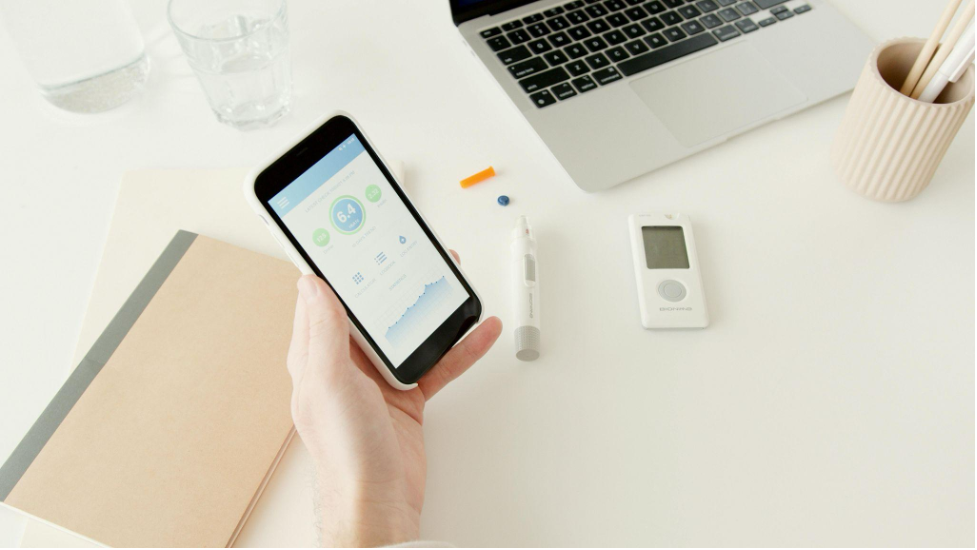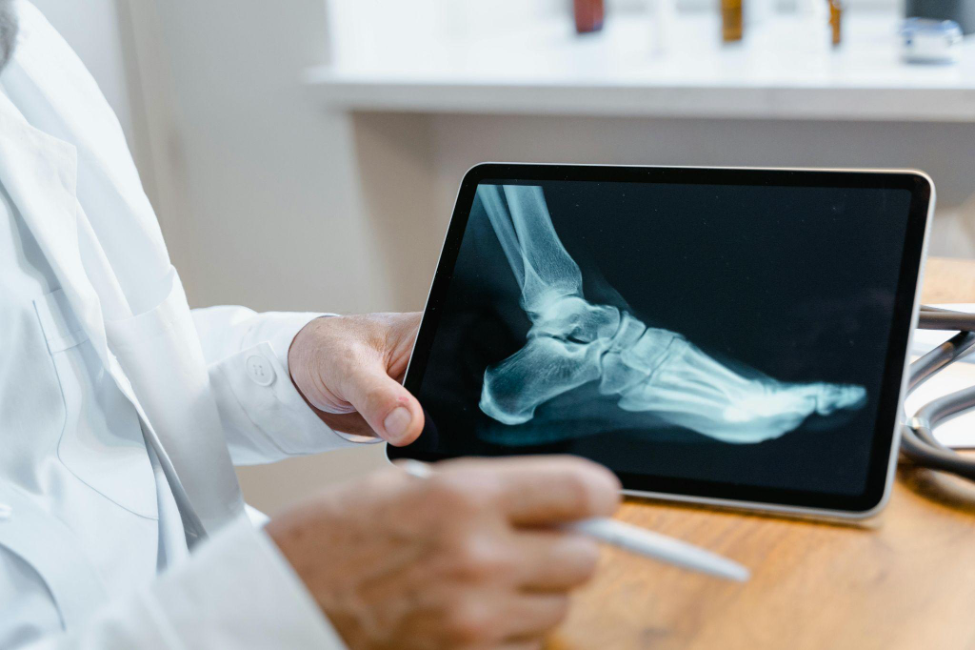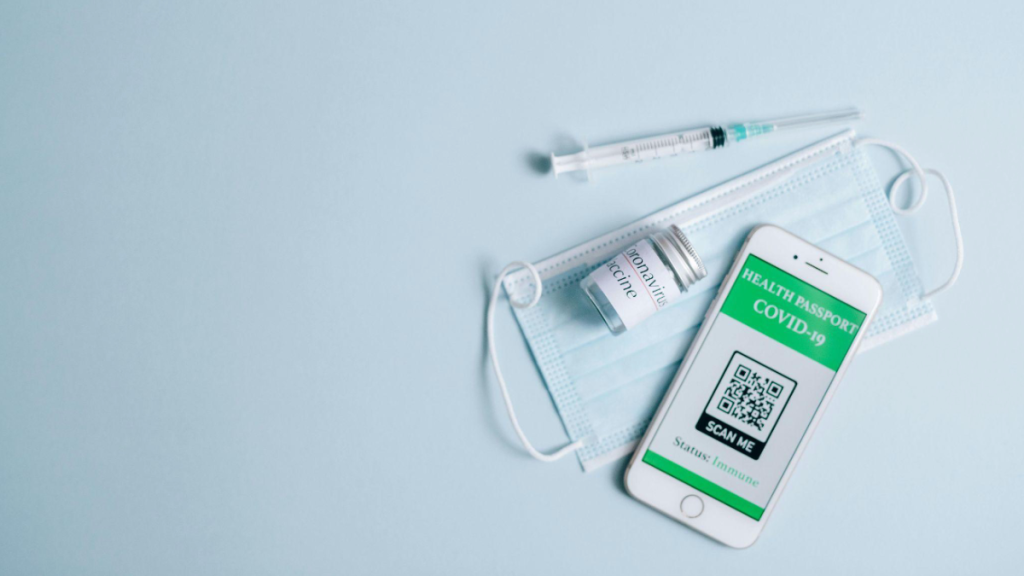According to a recent Accenture study, nearly 70% of patients now prefer digital communication with healthcare providers over traditional methods. From virtual checkups to symptom monitoring, the patient experience is being radically reshaped—right from the palm of your hand.
We’re entering a new age of healthcare—one where mobile applications are not just optional conveniences but critical tools for real-time care, preventative strategies, and long-term health management. This isn’t about fitness fads or step counters anymore. It’s about transforming clinical outcomes with technology that’s intuitive, secure, and always accessible.
In this article, we explore how mobile health apps are redefining the doctor-patient relationship, improving access, and setting new standards for efficiency and effectiveness in care delivery. Whether you’re a healthcare provider, a tech entrepreneur, or simply a curious reader, it’s clear: the future of healthcare is being built—one mobile app at a time.
Beyond Wearables: The New Face of Mobile Health

Forget the one-size-fits-all pedometers of the past. The new generation of mobile health apps are intelligent, interactive, and often indistinguishable from clinical tools.
Modern mobile apps are empowering patients with:
● Chronic Condition Management: For individuals managing diabetes, hypertension, or asthma, mobile apps now offer personalized dashboards for logging symptoms, syncing with Bluetooth medical devices, and even communicating with their physicians in real-time.
● Post-Surgical Monitoring: Some hospitals now discharge patients with apps that track recovery data—wound images, temperature logs, medication schedules—shared directly with care teams.
● On-Demand Mental Health Tools: Evidence-based therapy platforms now live in your pocket. With built-in cognitive behavioral therapy (CBT) programs and emergency support access, users gain autonomy over their emotional wellness.
These aren’t novelty apps. These are scalable, secure solutions offering clinical-grade support—bridging gaps between healthcare systems and the people they serve.
We’re not just tracking health anymore—we’re treating it, predicting it, and personalizing it. And it’s all happening inside mobile apps built with healthcare at the core.
Key Benefits for Patients and Providers
When designed well, mobile health apps don’t just digitize care—they elevate it for everyone involved.
For Patients:
- Accessibility: Healthcare becomes available 24/7—no waiting rooms, no hold music.
- Empowerment: Users can actively manage their health through dashboards, reminders, and direct provider communication.
- Personalization: Algorithms and AI help tailor content and care recommendations based on user behavior and data.
For Providers:
- Data-Driven Decision Making: Apps streamline the collection of patient-reported outcomes, enabling better, faster decisions.
- Workflow Efficiency: Fewer administrative bottlenecks, better appointment follow-through, and real-time updates.
- Improved Adherence Monitoring: Medication schedules and activity logs help identify gaps in care—and act on them early.
And perhaps most importantly: mobile apps expand access. For patients in rural areas or underserved communities, they offer a direct connection to care that would otherwise be out of reach.
This two-sided benefit—where both patients and practitioners thrive—is what makes mobile health apps not just a convenience, but a revolution.
Designing for Compliance and Trust
When it comes to healthcare, convenience is important—but trust is non-negotiable.
Mobile health apps operate within a complex regulatory landscape. From HIPAA in the United States to GDPR in Europe, developers must account for strict data protection laws that prioritize patient privacy and informed consent. But these aren’t just boxes to check—they’re foundations for building apps that people will actually use.
To meet compliance and earn user trust, modern healthcare apps must be built with:
● End-to-End Encryption: Ensuring that sensitive health data is protected at every touchpoint.
● Consent Architecture: Giving users control over how their information is shared, stored, and accessed.
● Transparent Data Practices: Clear language about what’s being collected, why, and by whom.
These considerations add complexity—but they also differentiate high-trust, high-utility apps from the rest. And this is exactly where development expertise becomes critical. You don’t just need coders. You need partners who understand the stakes.
Whether you’re a startup building a diagnostic platform or a healthcare provider expanding your digital presence, collaborating with the right mobile app development company can be the difference between creating a compliant tool—or courting unnecessary risk.
The Role of Expert App Development in Health Tech
Bringing a health-focused mobile app to life isn’t just a technical exercise—it’s a collaboration between medical insight, human-centered design, and regulatory fluency. Each decision, from interface layout to data flow architecture, can impact patient trust and clinical outcomes.
To succeed, healthcare apps require development teams that:
- Understand healthcare workflows and patient behavior.
- Prioritize data security and compliance from day one.
- Know how to translate complex medical processes into elegant UX.
At this intersection of innovation and regulation, working with a specialized mobile app development company like AppMakers LA can elevate your project from good to game-changing. AMLA’s team brings a deep understanding of HIPAA-compliant systems, intuitive UI/UX for patient engagement, and technical strategies tailored to health platforms.
Whether you’re building a telehealth platform, a remote monitoring solution, or a mental health companion app, aligning with the right developers ensures your vision is delivered responsibly—and ready to scale.
Future Outlook: AI, Personalization, and Preventive Care

As mobile health technology matures, the next frontier lies in anticipation, not just reaction. The focus is shifting from treating illness to preventing it—powered by real-time data and predictive intelligence.
Here’s what’s coming:
● AI-Driven Diagnostics: Machine learning models integrated into mobile apps that analyze symptoms, photos, or voice patterns to flag concerns before patients even schedule a visit.
● Seamless EMR Integration: Apps that sync effortlessly with electronic medical records, giving doctors a full view of a patient’s health in real time.
● Personalized Treatment Pathways: Apps that adapt dynamically to a patient’s medical history, behavior, and biometrics to suggest the most effective treatments.
● Preventive Health Nudges: Using behavioral science, apps can send the right notification at the right time to encourage small, meaningful changes in lifestyle.
This is a future where healthcare meets people exactly where they are—proactively, privately, and personally. The right app, in the right hands, becomes not just a digital tool, but a lifesaving companion.
Conclusion: From Convenience to Lifesaving Capability
Healthcare is no longer confined to clinics and hospitals—it’s in our pockets, on our nightstands, and with us at every moment of the day. Mobile apps are reshaping the way we engage with our health, our providers, and ourselves.
They bring access to underserved areas. They turn data into insights. They give people the tools to take control of their wellness, on their own terms.
But this transformation only works when apps are built with care, intention, and expertise. From data compliance and intuitive UX to deep integration with medical systems, every decision matters.
For healthcare innovators, the path forward is clear: build smarter, safer, and more impactful tools with teams who understand the mission. And if you’re looking for a mobile app development company that knows how to deliver both precision and compassion—AppMakers LA is ready to partner with you.
Because when technology meets empathy, we don’t just improve healthcare. We reimagine it.

